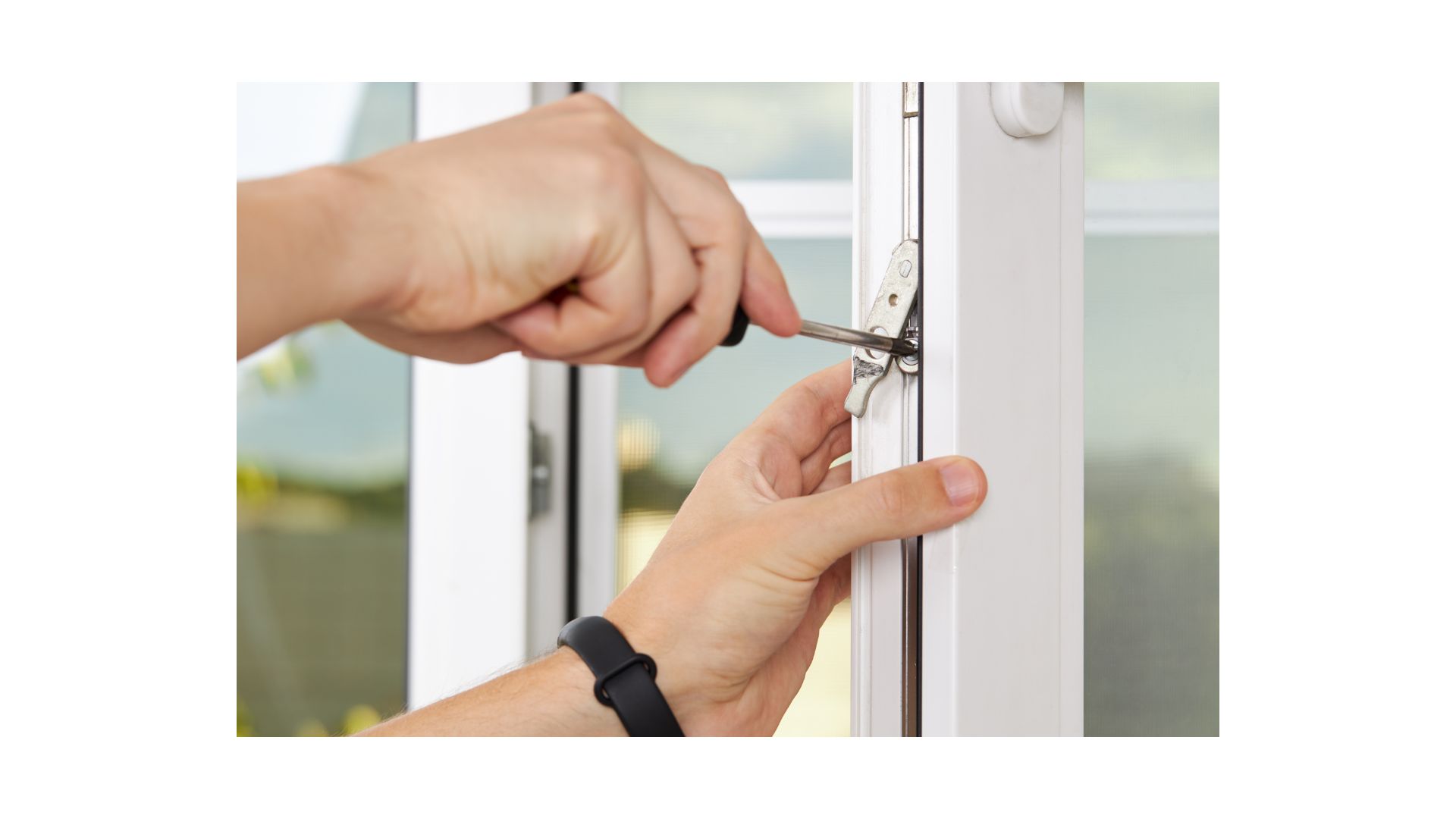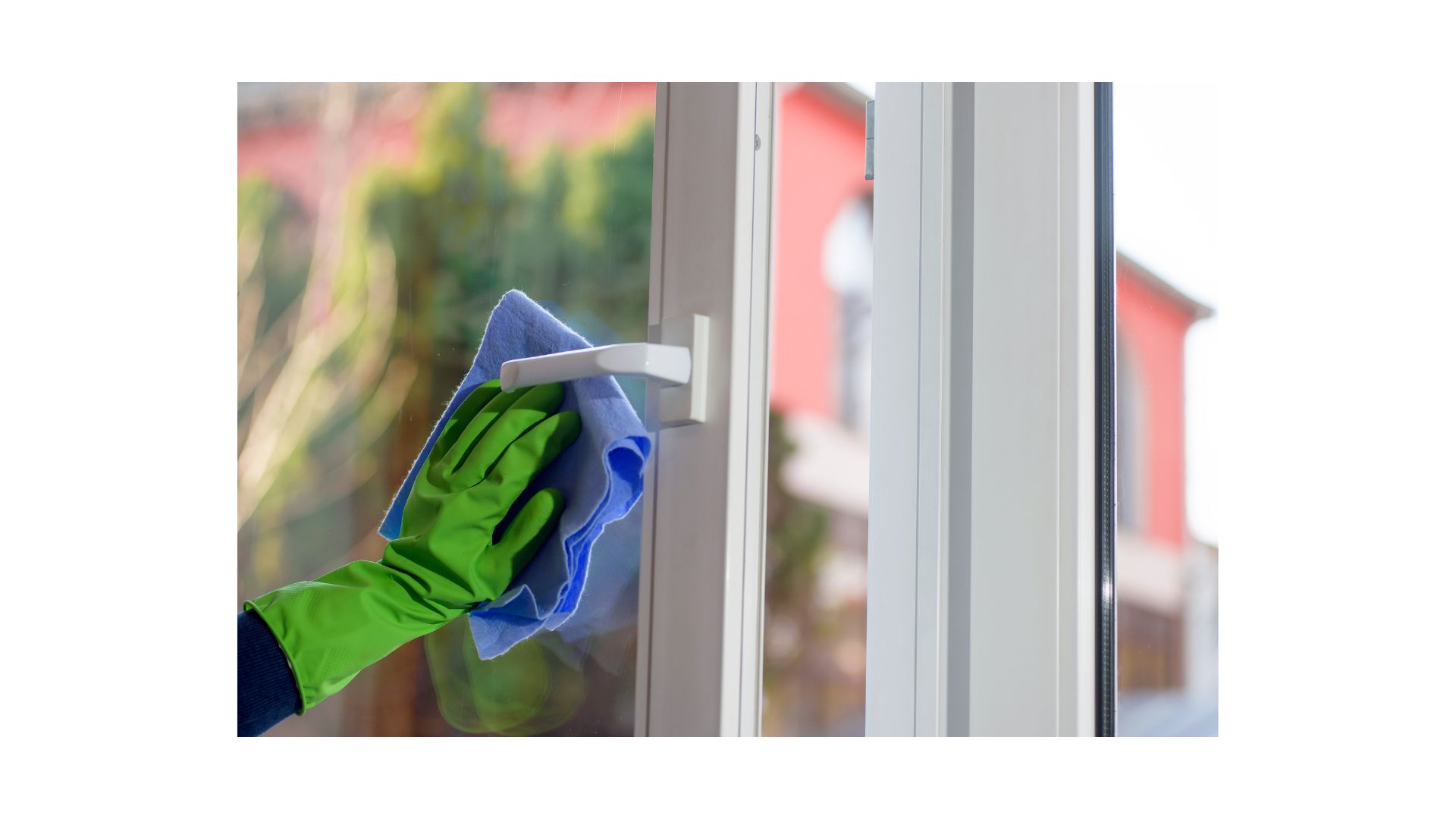
Comparing Window Replacement Materials: What’s Best?
A detailed comparison of materials like vinyl, wood, and fiberglass for your new windows.
Replacing windows in your home is a significant investment, impacting both aesthetics and energy efficiency. When undertaking a window replacement project, choosing the right material is crucial. Each option—vinyl, wood, fiberglass, and aluminum—brings unique characteristics, benefits, and potential drawbacks to the table. In this comprehensive guide, we delve into these common window replacement materials to empower you with the knowledge needed to make an informed decision. Whether you prioritize affordability, natural beauty, durability, or modern design, understanding these factors will help you select windows that align with your home’s style, climate considerations, and long-term maintenance preferences.
- Vinyl Windows: Affordable and Low Maintenance
- Advantages of Vinyl Windows
- Wood Windows: Classic Appeal with Natural Beauty
- Advantages of Wood Windows:
- Considerations for Wood Windows:
- Fiberglass Windows: Strength and Durability
- Aluminum Windows: Sleek and Modern
- Choosing the Right Material for Your Window Replacement Project
- Conclusion
Vinyl Windows: Affordable and Low Maintenance
Vinyl windows have risen in popularity due to their affordability and minimal maintenance requirements. Made from polyvinyl chloride (PVC), these windows offer a cost-effective solution for homeowners looking to enhance energy efficiency without breaking the bank. Their durability against elements like moisture and insects makes them particularly attractive, requiring only occasional cleaning with soap and water to maintain their appearance. Available in various styles and colors, vinyl windows cater to diverse aesthetic preferences, blending seamlessly with different architectural designs.
Despite their advantages, it’s important to note that extreme temperature fluctuations can potentially impact the structural integrity of vinyl over time, leading to warping or cracking. However, advancements in manufacturing have improved their resilience, making modern vinyl windows a durable and economical choice for homeowners seeking both practicality and style in their window replacement projects.

Advantages of Vinyl Windows
Vinyl windows offer several compelling advantages that make them a popular choice among homeowners. One of their primary benefits is affordability—they are generally more budget-friendly compared to other window materials like wood or fiberglass. This makes vinyl windows an attractive option for those looking to upgrade their home’s energy efficiency and aesthetics without exceeding their budget constraints.
Another significant advantage of vinyl windows is their low maintenance requirements. Unlike wood windows that need periodic painting or staining to maintain their appearance and protect against moisture, vinyl windows are virtually maintenance-free. They can be easily cleaned with soap and water, saving homeowners time and effort in upkeep. Additionally, vinyl windows often come with excellent insulation properties, helping to improve the overall energy efficiency of a home by reducing heat transfer. This can lead to potential savings on heating and cooling costs over time, making vinyl windows a practical and cost-effective choice for many households.
Wood Windows: Classic Appeal with Natural Beauty
Wood windows are renowned for their timeless appeal and natural beauty, making them a favored choice for homeowners seeking to enhance the aesthetic charm of their living spaces. Crafted from hardwoods such as oak, maple, or pine, wood windows exude a warmth and character that complements both traditional and contemporary architectural styles. Unlike synthetic materials, wood offers a unique texture and grain pattern that adds a sense of luxury and sophistication to any room.
Beyond their aesthetic appeal, wood windows also offer excellent insulation properties, helping to maintain comfortable indoor temperatures year-round. With proper maintenance—such as periodic painting, staining, and sealing to protect against moisture and UV damage—wood windows can endure for decades. This longevity makes them a worthwhile investment for homeowners looking to add value to their property while enjoying the natural beauty and craftsmanship that only wood can provide.
Advantages of Wood Windows:
- Aesthetic Appeal: Wood windows are prized for their natural beauty and ability to complement both traditional and modern architectural styles.
- Customization Options: Wood can be easily painted or stained to match your home’s interior and exterior décor, providing greater design flexibility.
- Longevity: With proper care and maintenance, wood windows can last for decades, making them a durable choice for homeowners willing to invest in upkeep.
Considerations for Wood Windows:
- Higher Maintenance: Wood windows require regular painting, staining, and sealing to protect against moisture, insects, and UV damage.
- Cost: Wood windows tend to be more expensive than vinyl or aluminum, both in terms of initial cost and ongoing maintenance.
Fiberglass Windows: Strength and Durability
Fiberglass windows stand out due to their exceptional strength and durability, making them a preferred choice for homeowners seeking long-lasting, reliable window solutions. Composed of glass fibers embedded in resin, fiberglass frames offer robustness that withstands the elements without warping, cracking, or corroding over time. This durability ensures that fiberglass windows maintain their structural integrity even in harsh weather conditions, providing peace of mind for years to come.
Moreover, beyond their strength, fiberglass windows boast low-maintenance advantages similar to vinyl—requiring no painting and minimal upkeep. Their inherent insulation properties contribute to improved energy efficiency, helping to keep homes comfortable while reducing heating and cooling costs. As fiberglass continues to gain popularity in the window replacement market, its blend of strength, durability, and energy efficiency positions it as a practical and sustainable choice for modern homeowners looking to invest in quality and longevity.
Aluminum Windows: Sleek and Modern
Aluminum windows are celebrated for their sleek, modern aesthetic that complements contemporary architectural designs. Their lightweight yet strong frames offer a minimalist appearance that appeals to homeowners seeking a clean, unobtrusive look for their homes. Despite their lightweight nature, aluminum windows are remarkably durable and resistant to rust and corrosion, making them suitable for various environmental conditions.
While aluminum frames excel in modern aesthetics and durability, they are less effective in terms of energy efficiency compared to other materials like vinyl or fiberglass. Aluminum is a highly conductive material, which means it can transfer heat and cold more easily, potentially affecting indoor comfort levels and energy costs. However, advancements in technology have led to the development of thermal breaks and improved insulation features in aluminum windows, addressing these concerns to some extent. For homeowners prioritizing sleek design and durability with proper insulation considerations, aluminum windows remain a compelling choice in contemporary home construction and renovation projects.
Choosing the Right Material for Your Window Replacement Project
Selecting the best window replacement material depends on several factors, including your budget, aesthetic preferences, climate, and maintenance capabilities. Here are some additional tips to help guide your decision:
Assess Your Priorities
Before choosing window replacement materials, assess your priorities such as energy efficiency, aesthetic preferences, and maintenance requirements. Understanding what matters most to you will guide your decision-making process and ensure satisfaction with your investment.
Consider Climate Factors
Take into account your local climate when selecting window materials. Different materials offer varying levels of insulation and durability against weather elements like heat, cold, wind, and humidity. Choose materials that can withstand your region’s climate conditions for optimal performance and longevity.
Evaluate Long-Term Costs
Factor in both initial costs and long-term maintenance expenses when comparing window materials. While some materials may have higher upfront costs, they could offer savings in energy bills and maintenance over time. Consider the overall lifecycle costs to make a cost-effective choice.
Explore Customization Options
Look into customization options available for window materials. Different materials offer varying flexibility in terms of sizes, shapes, colors, and design details. Choose a material that allows you to achieve the desired look and functionality for your home.
Consult with Professionals
Seek advice from window replacement professionals or contractors. They can provide valuable insights based on your specific needs, budget, and local building codes. Professional consultation ensures that your window replacement project meets safety standards and enhances your home’s value and efficiency.
Conclusion
In conclusion, selecting the optimal window replacement material hinges on considerations such as climate suitability, long-term financial implications, available customization options, and expert consultation. For expert guidance tailored to your needs, EZ Window Solutions of Youngstown in Youngstown can be reached at +13303336295. They offer a diverse selection of premium window solutions designed to elevate both the aesthetic and functionality of your home.


Write a Comment